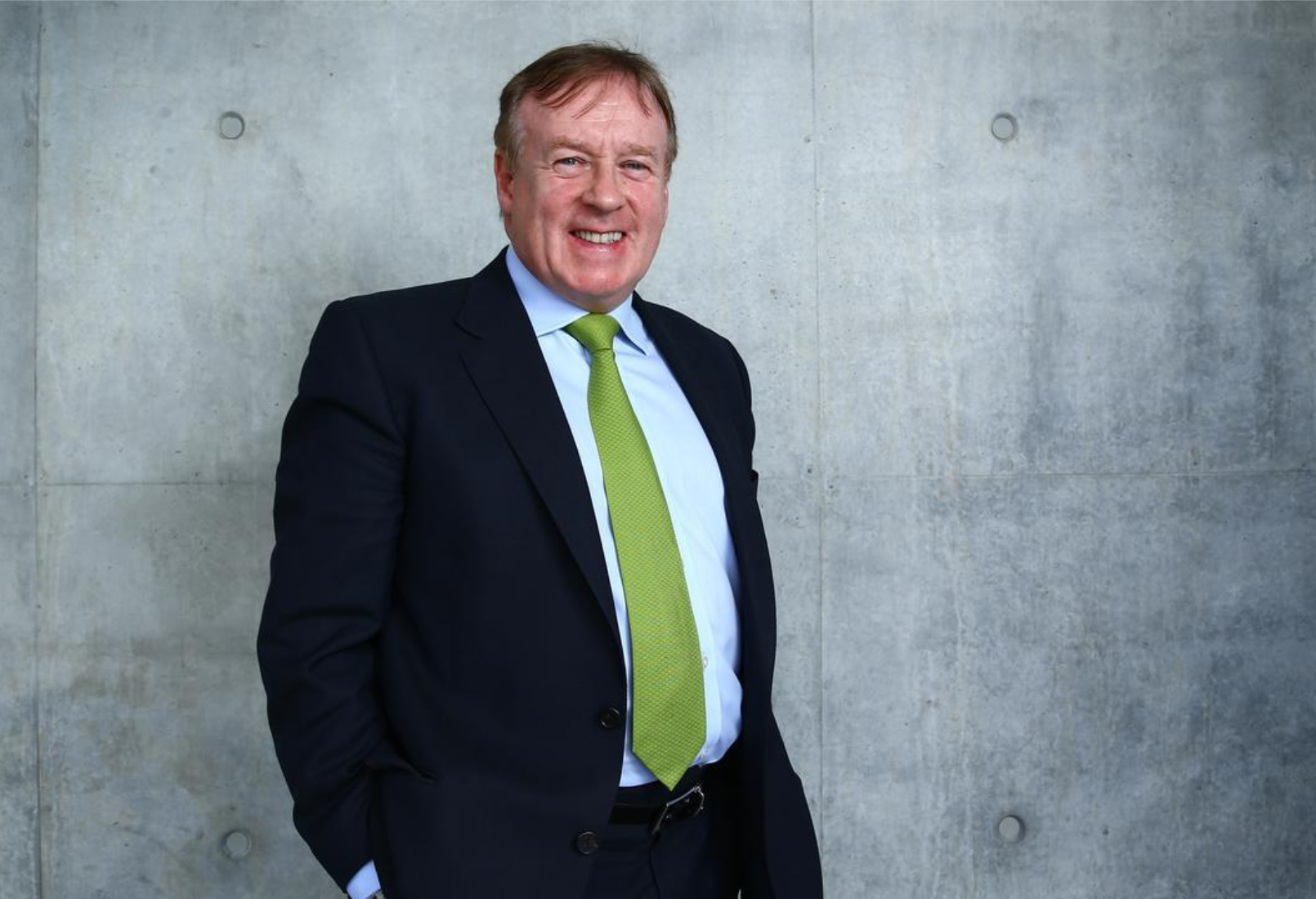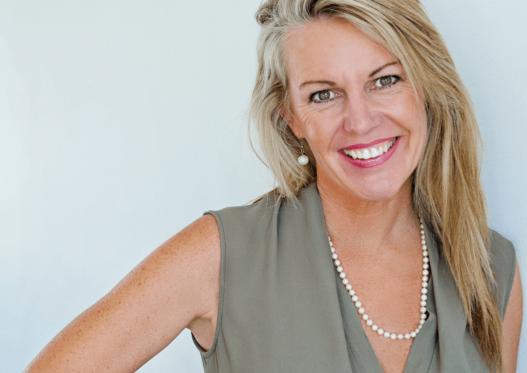Joseph Healy, Judo Bank founder and CEO, says the professional qualities of those who work at Judo Bank are one of three must-have reasons for its success.
Joseph - who is a FINSIA Fellow - was speaking during the latest international webinar in partnership with the Chartered Banker Institute when he made the comments.
The session with CBI Past President Bill McCall that is available in our on-demand section covered everything from the property market to the way investors are driving ESG issues in the banking and financial services sector. The impact of the pandemic on mental health and the worsening political relationship with China were also discussed during the wide-ranging conversation.
Noting the difficulties other challenger banks have had since obtaining banking licenses over the past two years, he highlighted three reasons for Judo Bank’s success as it shakes up the SME business lending sector in Australia.
“As the CEO of a challenger bank, we are right in the middle of how the banking system is changing or trying to change,” he said.
“We've got a balance sheet now of lending north of $4 billion. We've got 330 staff around the country, profitable, expanding, even considering going to the public equity market, which is something that we're looking at doing potentially near the end of this year.”
“We've raised over $1 billion of core tier one equity, strong investors.
When asked to comment about the critical success factors to enter the banking market in Australia, he says there are ‘three non-negotiable must-haves’.
“The first one is that you must have a clarity about capital over the first four or five years of the business model, not the first six months of the business model,” he said.
“You've got to determine how much capital you're going to need, and then talk to investors about that at the beginning,” adding that Judo knew it needed $1.5 billion when it searched out investors four years ago.
“The second must-have is you've got to have a very clear and sustainable competitive advantage.
“Being clear on the problem that you're seeking to solve that the market doesn't solve today. In some of the models that I've seen, it's not clear to me what the competitive advantage is.
“The third thing is you've got to have deep management bench strength, people who actually understand how banking works from the A to Z of how to build and run and manage risk, not one individual or two individuals, but you've got to have bench strength.
“When I look around the world at new banking models that have failed, it's largely because there's been a weakness in at least one of those three must-haves.”
Joseph has previously spoken about how FINSIA’s qualifications are non-negotiable at the bank and has at least a dozen Chartered Bankers who have qualified through the by Experience route as well as those like himself who qualified in the UK.
Professionalism and training key to restoring trust in financial services
FINSIA’s professional qualifications a necessity
This CEO has made FINSIA’s finance qualifications non-negotiable








